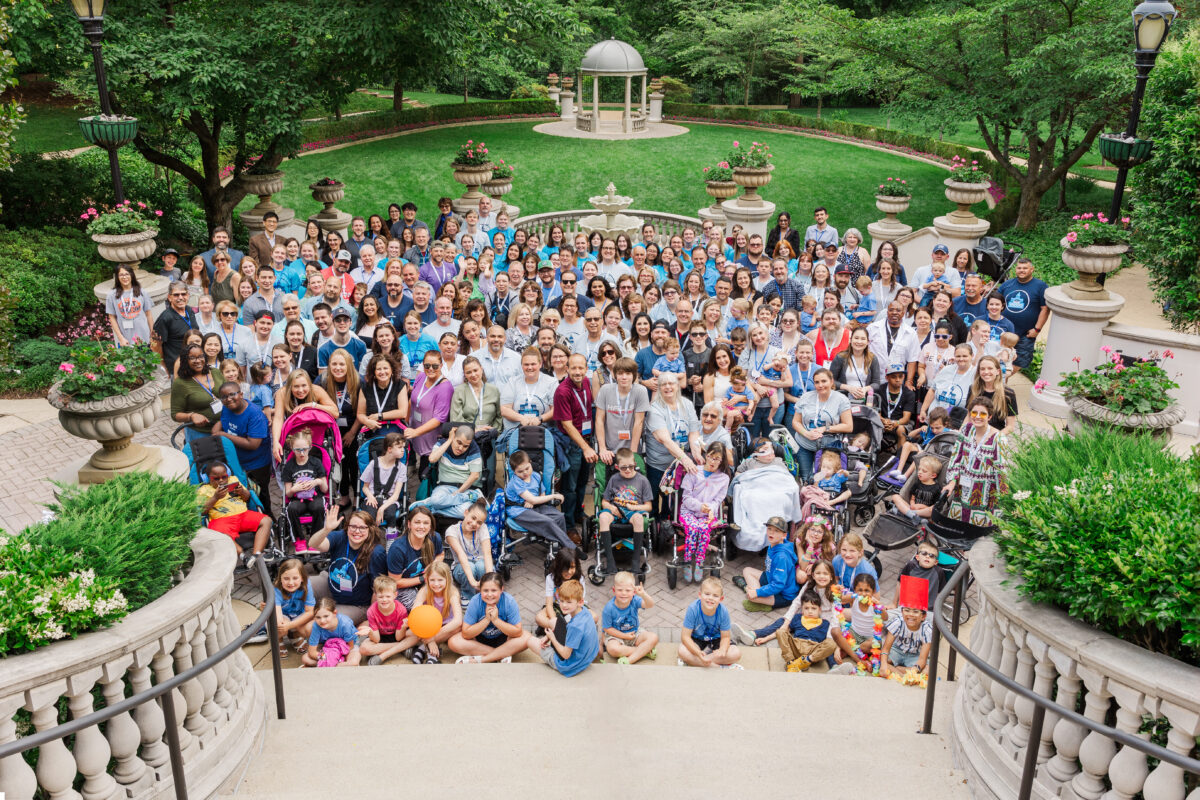GFPD EL-PFDD Meeting Summary
This summary highlights the findings from the Externally-Led Patient-Focused Drug Development meeting on May 28, 2024, focusing on the most impactful topics, symptoms, and challenges identified by patients, families, and caregivers affected by peroxisomal disorders. Due to speech and cognition challenges in these disorders, most input came from family caregivers.
The meeting was attended by 281 individuals, including 35 diagnosed patients, 82 primary caregivers, and other advocates and professionals. Disease severity ranged from mild to severe, with many reporting unmet medical needs. Existing treatments were found to have limited success in managing symptoms.
Key symptoms impacting daily life included sensory loss (vision and/or hearing), cognitive/intellectual disability, mobility issues, and leukodystrophy. Seizures, respiratory issues, and gastrointestinal problems were significant for more severely affected patients. While liver disease was not a prominent symptom, it was a common cause of death or frequent hospitalizations.
Daily life impacts included the inability to perform basic tasks, such as dressing or eating, and difficulties with social interactions, executive functioning, and school/work performance. Symptoms often exacerbated each other and caused emotional distress for both patients and caregivers.
Current treatments are symptomatic, including medication, supportive therapies, and assistive devices. However, most patients and caregivers reported dissatisfaction with these options due to side effects and limited effectiveness. The most desired clinical outcomes for future trials were improved vision, cognition, and independence in daily activities, as well as fewer hospitalizations.
This meeting underscored the need for better treatments that address the broad symptoms and impacts of peroxisomal disorders. Our Voice of the Patient Report provides a detailed analysis to help guide clinical trial development and benefit-risk assessment.

Webinar Recordings
Impact of Peroxisomal Disorders Symptoms (EL-PFDD Webinar Part 1)
Landscape of Current Treatments (EL-PFDD Webinar Part 2)
Meeting Recordings
Opening Statement: Dr. Fuchs
Introduction
EL-PFDD Morning Session
Jasmine Buchanan Testimony
EL-PFDD Afternoon Session
What is an EL-PFDD?
